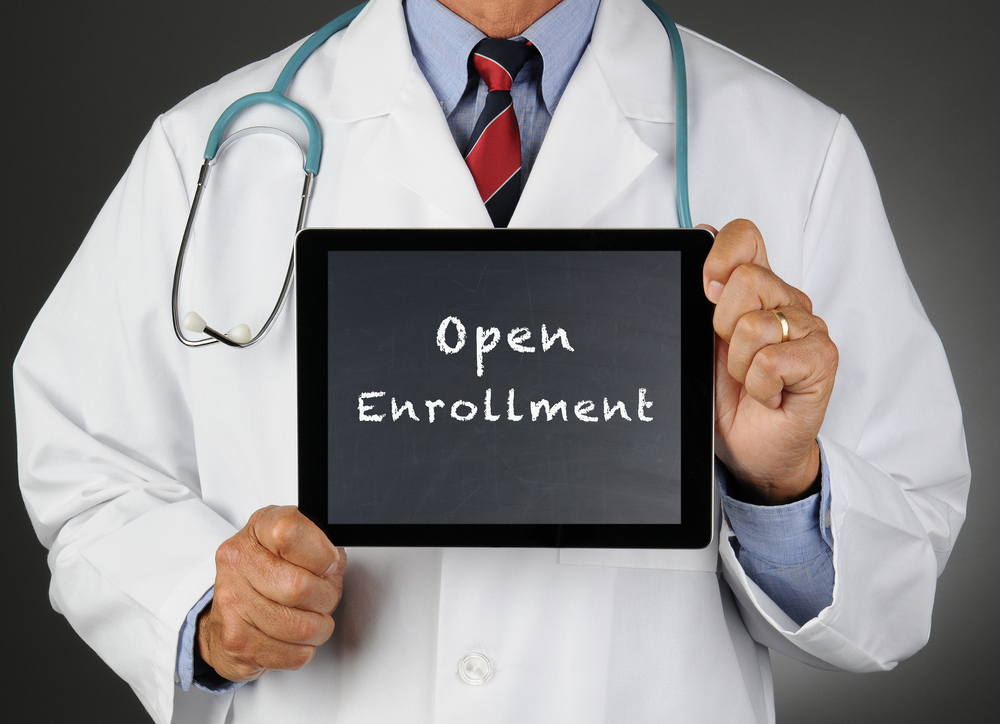Early Data Show TNB-383B to be Safe, Effective for Heavily Treated Myeloma
Written by |

Teneobio‘s bispecific antibody TNB-383B was found to be well-tolerated and induced a high response rate among people with heavily treated multiple myeloma in an ongoing Phase 1 trial.
Preliminary data from the trial (NCT03933735), which continues to recruit participants in the U.S., showed an 80% overall response rate at doses of 40 mg or more, with 75% of responders achieving very good partial responses.
“The results with TNB-383B have been very promising with high response rates in patients with relapsed refractory myeloma and very manageable toxicity that allows for outpatient management of these patients,” Shaji Kumar, MD, one of the trial’s principal investigators, said in a press release.
The findings were shared in an oral presentation, titled “Initial Results of a Phase I Study of TNB-383B, a BCMA x CD3 Bispecific T-Cell Redirecting Antibody, in Relapsed/Refractory Multiple Myeloma,” at the 62nd American Society of Hematology Annual Meeting and Exposition, held virtually in December.
TNB-383B is a lab-made antibody that brings immune cells into contact with cancer cells, enabling a more specific immune response. The antibody targets both the B-cell maturation antigen in myeloma cells and the CD3 surface receptor in T-cells, serving as a bridge between the two.
The first-in-human trial of TNB-383B, being developed in collaboration with AbbVie, is designed to determine the safety and tolerability of the compound, and various pharmacological characteristics, such as its maximum concentration in the blood and its half-life (the time it takes for a dose to fall to half its starting amount).
Participants receive increasing doses of TNB-383B every three weeks, via intravenous (into-the-vein) infusions that take one to two hours. With a target of 133 participants, 38 have been dosed as of July 13, 2020. They were a median age of 68 years, and had received a median of seven prior lines of therapy.
Participants in the trial received doses ranging from 0.025 mg to more than 40 mg. A total of 13% of those receiving doses up to 1.8 mg responded to treatment, but response rates kept increasing with higher doses. Overall, of those receiving doses between 5.4 and 40 mg, 52% responded to treatment, and response rates reached 80% for patients given doses of at least 40 mg.
The most common adverse side effects have been cytokine release syndrome (CRS), fatigue, headache, low blood count, infection, and nausea.
CRS is an excessive inflammatory response triggered by some medications that can cause damage to organs. All CRS cases (eight) in the trial were considered low-grade. Five participants were treated with fluids and aspirin, and the other three received one dose of tocilizumab.
One patient’s dose needed to be adjusted because of a low white blood cell count associated with CRS. That patient later reached their full dose after tolerating ascending doses without incident.
One clinically relevant case of confusion occurred at the 20 mg dose and resolved within six hours.
Five individuals died due to underlying illness, and 15 stopped treatment because of disease progression.
“The safety profile and response rates we have seen in this initial trial validate our differentiated CD3 platform and support further development of TNB-383B in [relapsed or refractory multiple myeloma] patients,” said Ben Buelow, MD, PhD, Teneobio’s chief medical officer.



